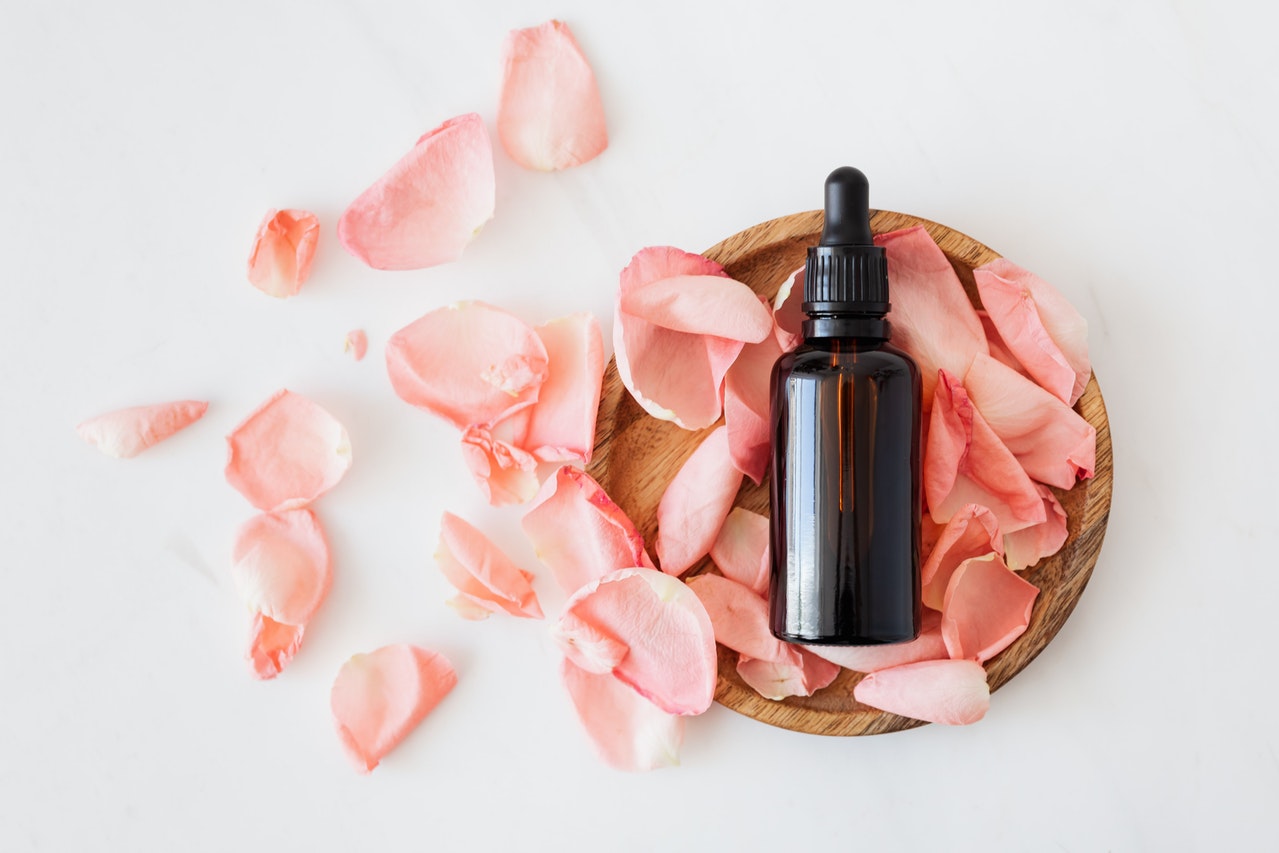From skin products to pet food to everything in between, CBD hemp oil is suddenly everywhere. But along with all the hype, there’s a healthy dose of skepticism—and a bit of controversy too. So if you’re not sure whether CBD is right for you, we get it. That’s why we’re here to help you unravel the basics.
What exactly is CBD?
CBD, or cannabidiol, is the second-most prevalent compound in the cannabis plant, just after THC (tetrahydrocannabinol). But unlike its more famous cousin, CBD has no psychoactive effect, meaning it doesn’t give you that feeling of euphoria1. It’s a different compound that interacts with different receptors in your brain.
How does CBD work?
Your body has something called an endocannabinoid system (ECS for short) that uses chemical signals to control a whole list of vital functions like immunity, pain, inflammation, hunger, the processing of emotions and those all-important zzz’s. It works day and night to keep these processes in balance.
To get a bit more sciencey: Within your ECS, there are two major types of receptors: CB1 and CB2. Your CB1 receptors are found mostly in your central nervous system—your brain and spinal cord—whereas CB2 receptors are found in your peripheral nervous system, which includes all the nerves that branch out from your spine to carry messages to the rest of your body 2.
So why does this sciencey stuff matter? Well, CBD mimics a cannabinoid-like substance called anandamide that your body makes to help manage mood, stress, inflammation, sleep and other processes.3 CBD’s unique chemical structure activates CB2 receptors in your peripheral nervous system, but not the CB1 receptors in your brain, which is why it doesn’t have a psychoactive effect. THC, on the other hand, activates both receptor types, leading to marijuana’s trademark high.4
What are CBD’s health benefits?
Although the current hype around CBD is new, its use actually dates back to ancient times, when it was used for pain, nausea and even epilepsy.1 Nowadays, CBD is touted mostly for its ability to help you feel calm, relaxed and less stressed. When times get tough, CBD sends signals to your ECS receptors that help keep your cortisol stress hormone under control. It also appears to promote a healthy inflammatory response and a better rest at night.1,5
Studies of these potential benefits appear promising, but because of the complicated legal history around cannabis, research on CBD is limited, meaning more is needed to validate them.
How should you source CBD?
Most CBD products are made in a similar way: Manufacturers extract the compound from low-THC hemp plants and dilute it with a carrier oil like hemp seed or coconut oil. But despite what CBD lovers may say, not all CBD products are made equal, and not all will have the same effect. Before you buy, do your research. Make sure you use a reputable source, and find a product that works for you.
About Laura
Laura is a nutritionist and an International Board Certified Lactation Consultant with a Bachelor of Science in Dietetics from Ball State University and a Master of Science in Health Sciences with a public health concentration from Indiana State University. She is a competitive distance runner who loves to support individuals in achieving their goals.
Do you have questions on how you may benefit from supplements? Reach out to one of our experts, or take Persona’s free nutrition assessment, and learn exactly what you need to take your wellness to the next level.

